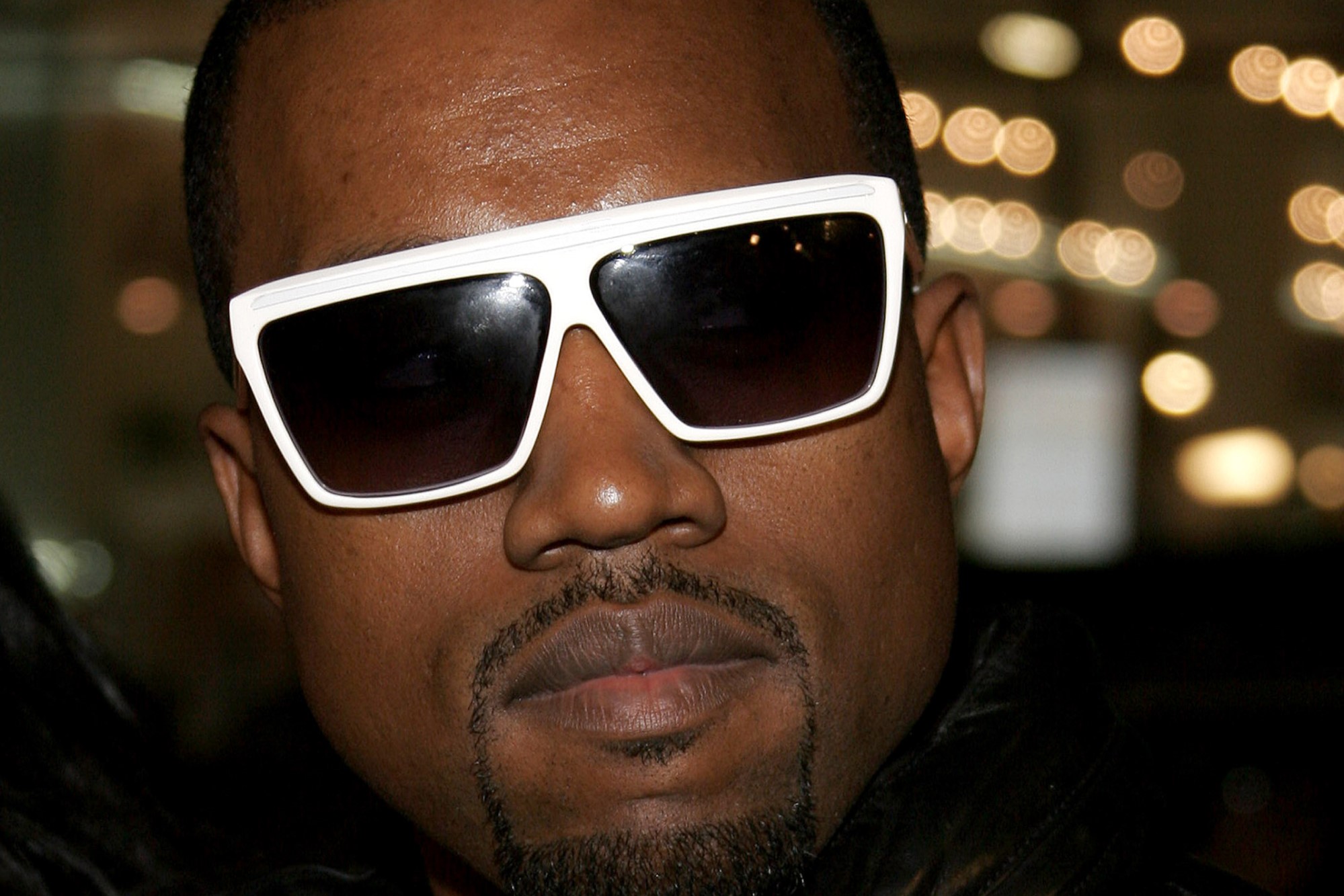Are Superhero Films Truly Diversifying?
In the coming months, superhero fans of different races and genders are anxious to see new heroes from Marvel and DC that better represent diversity. The wait for diverse superheroes has been long, with the movie production world still dominated by white male production teams cranking out movies with white male leads. For example, out of 22 Marvel superheroes, only 7 are people of color. Out of 10 DC heroes, only 4 are people of color. None of these diverse heroes are playing a primary role, and many lack an authentic and detailed backstory.
Despite increased diversity in comic books, changes have yet to be seen in the film industry. For example, Miles Morales, the new young Spider-Man of black and Hispanic descent of the recent “Ultimate Spider-Man” comic series, has become widely popular. Despite this, the film industry still chose a white male lead in the third remake of the Spider-Man film. Fans waiting for diverse movies still have longer to wait. For Marvel, the first solo film featuring a hero of color will be “Black Panther,” released in February of 2018. For DC, their debut of a hero of color will come later in October 2018 with “Aquaman.” It’s clear that the ball has barely started rolling in terms of diverse superhero movies, and diverse superhero comics are already facing criticism.
This spring at the Marvel Retailer Summit, Marvel Executive David Gabriel commented, “We saw the sales of any character that was diverse, any character that was new, our female characters, anything that was not a core Marvel character, people were turning their nose up against.” In essence, diverse characters were blamed for a recent drop in sales at Marvel. This statement was quickly retracted and edited to make sure that fans knew Marvel was still intent on creating more diverse superheroes, despite the results at the Retailer Summit. But where did these results come from? Is the general public actually tired already of diverse superheroes, when the first movies with a diverse character in a leading role won’t come out for another year?
In an opinion article for The Guardian, JA Micheline blames the traditionally white male audience of comic books for the results at the Marvel Retailer Summit. The traditional argument for not creating a diverse superhero cache is that Marvel is a business that is pressured to keep appealing to its audience. However, as Micheline states, “Marvel is a business, but it’s a business that attempts to sell comics to a demographic that has demonstrated a categorical, historical (and ultimately violent) disinterest in anything that is not built explicitly for them.” Furthermore, it’s not female, black, Hispanic, or LGBT comic book readers that are tired of Marvel’s attempts to create diverse characters. The results from the Retailer Summit that spurred Gabriel’s statement are skewed, because it did not take into account that the majority of core Marvel comic book readers are still white males.
If comic writers and film producers were to diversify their creative teams, the result would likely be diverse superheroes with more convincing and relatable backstories. If Marvel Executives like David Gabriel are discouraged about the results at the Marvel Retailer Summit, it would be wise for them to reevaluate how their studies were conducted, and whether or not they accounted for readers who may feel uncomfortable buying comics from traditional comic stores, a space also dominated by white males. It’s encouraging that Marvel still plans to create diverse superheroes despite results from the summit, but it will take more effort to truly diversify the superhero universe in a way that will appeal to both white and multicultural audiences.




